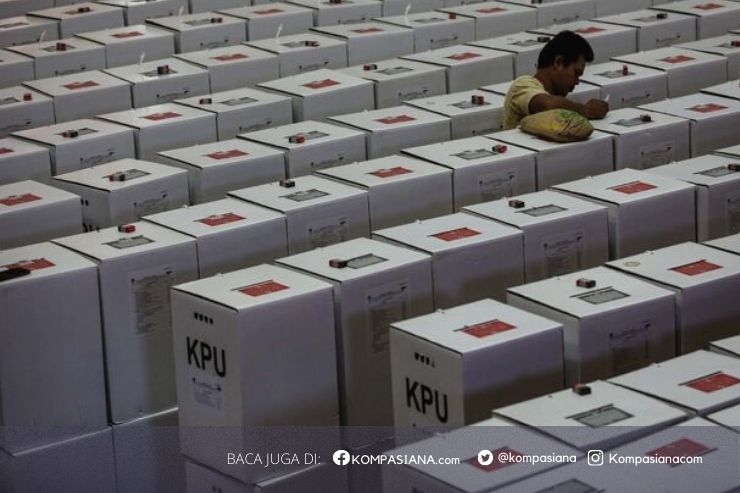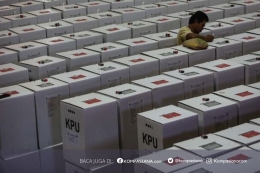In the realm of environmental sustainability, Zhou et al. (2022) analyze household waste management practices in Singapore and Shanghai. Their findings reveal how Singapore's centralized and technology-enabled systems achieve high recycling rates, whereas Shanghai employs a participatory approach with community involvement to manage its large-scale waste generation. These case studies highlight the adaptability of waste management strategies in megacities (Zhou et al., 2022).
Hartley et al. (2018) provide insights into urban innovation policies in Singapore and Seoul, underscoring their adaptive governance frameworks. Singapore's ability to foster public-private partnerships and Seoul's citizen-driven policy-making showcase the cities' unique approaches to integrating innovation into urban development (Hartley et al., 2018).
Ghahremani and Bajestani (2021) focus on Shanghai's urban competitiveness within the context of globalization. They highlight the transformation of urban spaces through strategic infrastructure projects and policy reforms, which align local development with global economic demands (Ghahremani & Bajestani, 2021).
From a socio-cultural perspective, Chang and Kim (2016) explore the integration of expatriate communities in Shanghai and Seoul. Their study demonstrates how urban residential forms are designed to enhance social cohesion among diverse populations, supporting these cities' ambitions as global hubs (Chang & Kim, 2016). Similarly, Kong (2009) highlights the establishment of sustainable creative spaces in Shanghai and Singapore, where cultural initiatives play a key role in urban branding and economic growth (Kong, 2009).
5. CONCLUSION AND SUGGESTIONS
5.1 CONCLUSION
Summary Of The Proposed Strategies And Their Alignment With Jakarta's Vision Of Becoming A Global City
Aligning Jakarta's strategic initiatives with its vision of becoming a global city involves leveraging tailored urban development frameworks, adaptive governance, and inclusive growth strategies. Bastidas et al. (2023) emphasize the importance of strategic alignment in urban planning through Smart City Enterprise Architectures (SCEA), offering insights into how Jakarta can integrate digital solutions for efficient urban governance (Bastidas et al., 2023).
Bibri et al. (2020) advocate for compact city planning as a critical strategy for achieving sustainable urban forms. Their findings suggest that Jakarta could adopt localized urban compaction techniques to address environmental concerns while boosting economic density (Bibri et al., 2020). Similarly, Ruiz Snchez and Ardura Urquiaga (2020) discuss Madrid's 2030 Agenda, illustrating how strategic urban regeneration aligns with global city aspirations, providing a replicable model for Jakarta's policy-making (Ruiz Snchez & Ardura Urquiaga, 2020).
Tosun and Leopold (2019) highlight the alignment of climate governance with urban water management in transnational city networks. Jakarta could benefit from similar integrated climate and resource strategies to strengthen its urban resilience (Tosun & Leopold, 2019).
Chu et al. (2016) present "strategic urbanism" as a framework for climate adaptation and inclusive development, emphasizing the role of multi-stakeholder engagement and equity-focused interventions in urban governance (Chu et al., 2016). Jakarta could adopt these frameworks to address disparities and enhance social equity as part of its global city strategy.







